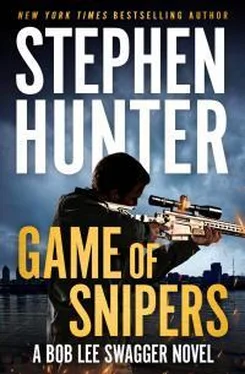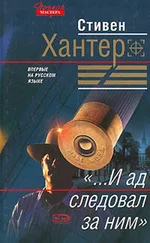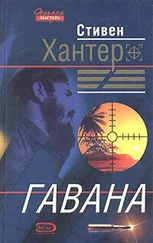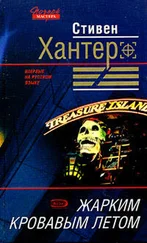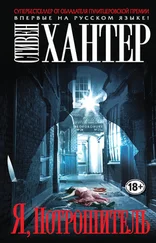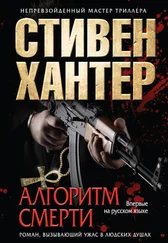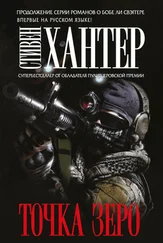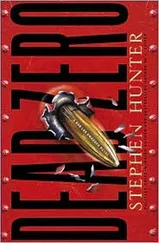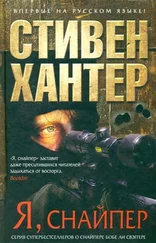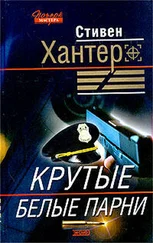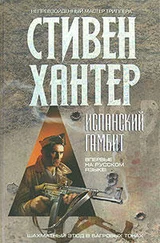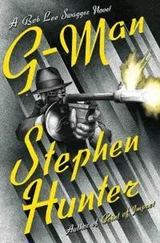The wheat
By midmorning, they reached the wheat.
It rolled for miles and miles to the horizon, golden, turning almost liquid by the wind rippling its surface, broken here and there by a farmhouse, a silo, maybe a stand of trees. Now and then, a huge red or green machine — thresher, combine, packer — moved like a heavy tank across the surface of the earth. The sky was blue and vast, the clouds hazy, the weather crisp and precise. He’d never seen wheat like this and was glad he now had.
These people may be infidels, he thought, but they are excellent wheat farmers, maybe even better than the Russians.
He said nothing. What would these Mexicans know about wheat? The answer was, nothing. It was an alliance of convenience — financial, for the one, and practical necessity.
Across from him sat the grandee Menendez, who spent all his time jabbering in Spanish on the phone, perhaps dispatching orders to the far ends of his empire. Juba didn’t know the details — no need to — but he knew the sort of man Menendez had to be and had no illusions about him. The matter of the boy, Jared, had made illusions impossible.
He didn’t care for that. There had been no need. The boy had proved himself. He didn’t deserve sudden death in a farmyard in someplace he’d never been in his life. But, at the same time, Juba was under mission discipline. He worked not for his intelligence masters or for the mysterious source of all the funding but for Allah. Allah required his self-control. And that is what he gave Allah, not Menendez.
Now Juba’s life and mission were in the hands of this Menendez, for how many millions of dollars, one didn’t know, and there was nothing to be done at this point except to go passive, offer no resistance, merely the softness of the sniper in him. He would observe, calculate, and record, and that would be enough — for now.
Beside Menendez was the one called Jorge, the translator, his face an odd mix of the Arab and the Mexican. What godforsaken, blasphemed union had produced such an offspring? He had the mealy look of a grub worm, obsequious and frantically obedient. He was disposable, a fact known to everyone except himself. He probably thought he was quite important, not realizing that the mere luck of his dual upbringing made him valuable to Menendez, but Menendez would squash him if the need arose. His face wore a perpetual expression of guarded optimism. He thought he was in with the big boys. Juba despised him on principle.
Meanwhile, he of course had no idea where he was — Kansas, from the little he knew, seemed about right — because he couldn’t read the frequent highway signs, nobody spoke to him except for offers of food or drink, and he himself refused to betray his curiosity. In any case, it all changed when at a certain point they diverged from the highway into a small city, coursed through its outskirts, and arrived at a minor airfield.
“Now, my friend,” said Menendez through Jorge, “it’s time to move more quickly. I didn’t feel it safe to divert to air immediately in the area of your escape, as airports would have been put under close observation. Where we are now, nobody notices anything.”
Juba nodded.
They passed through gates, around empty parking lots, and arrived at a hangar. Nearby, a number of parked planes sat angled in the sun, all with their tails low to the ground, with props thrust skyward, all with glinting, bright steel, acrylic canopies of one configuration or another, riding plump tires and looking speedy though sitting still. But they continued on, and, instead, the driver took them to the end of the runway, where, already fueled up and its engines roaring, a sleek white twin-engined jet awaited.
As the car approached, the jet’s cabin door opened and a stairway unfolded.
Menendez spoke by phone to whoever his necessary assistants were, then put his arm on Juba’s shoulder and indicated the way toward the stairway. They walked to the plane, and, in seconds, both men were inside, in a plush tan-leather interior, attended by an unctuous steward, who offered alcoholic beverages — Menendez took a brown liquid over ice in a squat, wide glass; Juba refused politely, secretly annoyed that nobody realized the faith forbade liquor — and ushered them to seats.
They strapped in.
Cyber Division, Zombieland
As it turned out, spread over the three retail outlets — EuroOptic, Mile High Shooting Accessories, and Sinclair International — there had been nine transactions that dispatched product to an 871×× zip code. Of the nine, three had received two shipments, so it amounted to six different addresses spread over the four Albuquerque area codes, but to a single name.
“Sounds generic,” said Chandler. “Brian Waters. Mean anything?”
“Not sure,” said Bob. “Maybe a whisper of a buzz. Keep going.”
Taken together, the nine separate orders amounted pretty much to an advanced kit for the care and feeding of an Accuracy International .338 Lapua Magnum, but more or less camouflaged as a series of small orders of no significance.
“Here’s an interesting one,” Swagger said. “He orders the Wilson bullet seater and neck sizer in one package, but he orders the .367 neck-sizer bushing in another. Yet for the system to work, you need both, meaning he’s putting together the reloading kit but in increments that nobody would ever notice, save for Chandler’s 8-7-1 pickup.”
“So the implication is that ‘Brian Waters’ is putting together the reloading kit but wanted nobody to know it, particularly snoopers coming at it from cyberspace — namely, us.”
“Not only that but this 8-7-1 has ponied up for a ballistic engine, that is, a handheld computer prekeyed with possibilities and algorithms for figuring out corrections for wind and distance. You pop in .338 Lapua Mag, Sierra 250-grain HPBT MatchKing bullet, 89 grains of Hodgdon H1000 powder. Wind south-southwest at one-half value, barometric pressure at 30.12, humidity at fifty-four percent, range: 1,922 meters. Push a button, and it gives you a solution based on your zero, which you’ve preentered. It’ll say something like ‘windage left: 12.7 mil dots, elevation: 14.44 mil dots.’ You crank your knobs — elevation and windage — to that location and squeeze. Nineteen hundred and twenty-two meters away, something falls dead.”
“I think we’ve connected.”
“More here. To one address, a Whidden Bullet Pointing Die System. It’s a new, hot lick by which you can ‘sharpen’ the bullet point, which assists greatly in long-distance shooting. And, if I’m not mistaken, this other thing is an electric annealing machine, by which you heat-treat prefired brass and make it more consistent.”
“This guy must read all the gun magazines,” said Chandler.
“No, this stuff ain’t been in the magazines yet. He’s that far ahead. And that fits in neatly with Juba’s patient, plodding, one-step-at-a-time methodology, very thorough, not rushing, not making any mistakes. Both Mrs. McDowell and Mr. Gold make that point. All t ’s crossed, i ’s dotted. Not that he did the ordering, but he provided the operating plan and the security requirements to whoever was working with him on this.”
“So here’s my thought,” said Chandler. “Let’s run the addresses for each of the six locations and see what we turn up.”
“Good move,” said Swagger.
It didn’t take long to pull the data free.
“No homes,” said Swagger. “They’re all FedEx Office or UPS outlets, all places that take packages for people.”
“Yes, and though usually those places rent you a post office box,” she said, “in this case Brian Waters requested or paid extra not to list a P.O. box but just the street address of the little shop. I suppose that was part of the camouflage operation.”
Читать дальше
